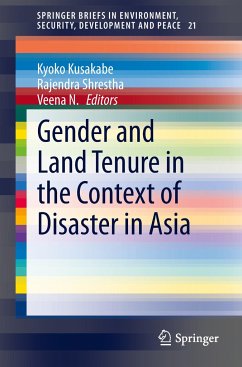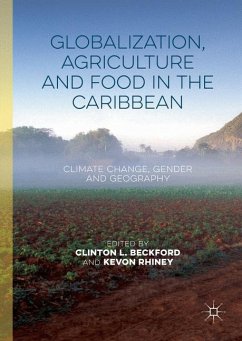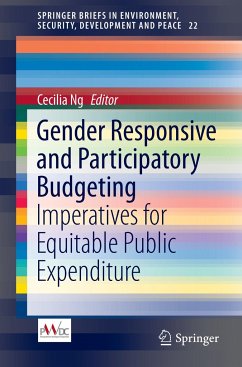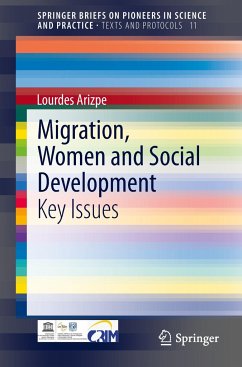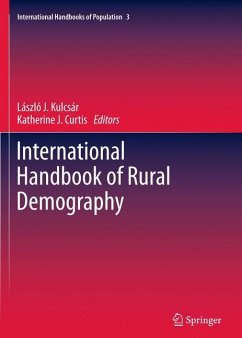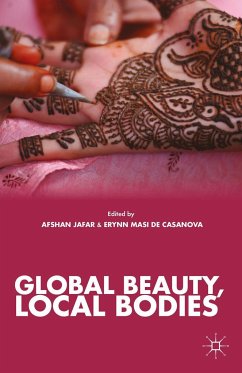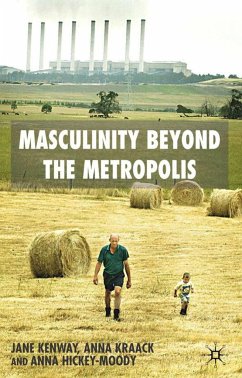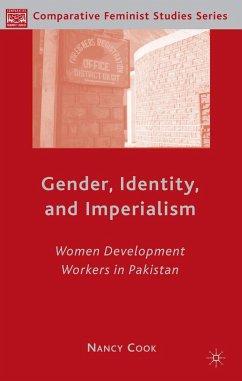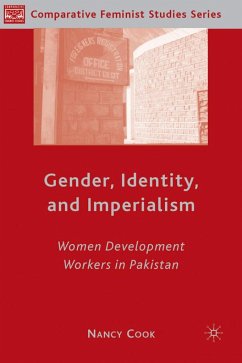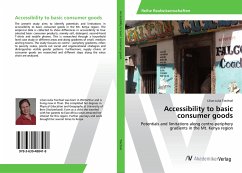
Accessibility to basic consumer goods
Potentials and limitations along centre-periphery gradients in the Mt. Kenya region
Versandkostenfrei!
Versandfertig in 6-10 Tagen
38,99 €
inkl. MwSt.

PAYBACK Punkte
19 °P sammeln!
The present study aims to identify potentials and limitations in accessibility to basic consumer goods in the Mt. Kenya region. The empirical data is collected to show differences in accessibility to four selected basic consumer products, namely salt, detergent, second-hand T-shirts and mobile phones. This is researched through a household level case study in different areas and along gradients of small, medium and big towns. The study focuses on centre - periphery gradients, refers to poverty scales, points out social and organizational strategies and distinguishes visible gender patterns. Fu...
The present study aims to identify potentials and limitations in accessibility to basic consumer goods in the Mt. Kenya region. The empirical data is collected to show differences in accessibility to four selected basic consumer products, namely salt, detergent, second-hand T-shirts and mobile phones. This is researched through a household level case study in different areas and along gradients of small, medium and big towns. The study focuses on centre - periphery gradients, refers to poverty scales, points out social and organizational strategies and distinguishes visible gender patterns. Furthermore, supply chains of consumer goods are researched and different steps along the value chain are analyzed.



